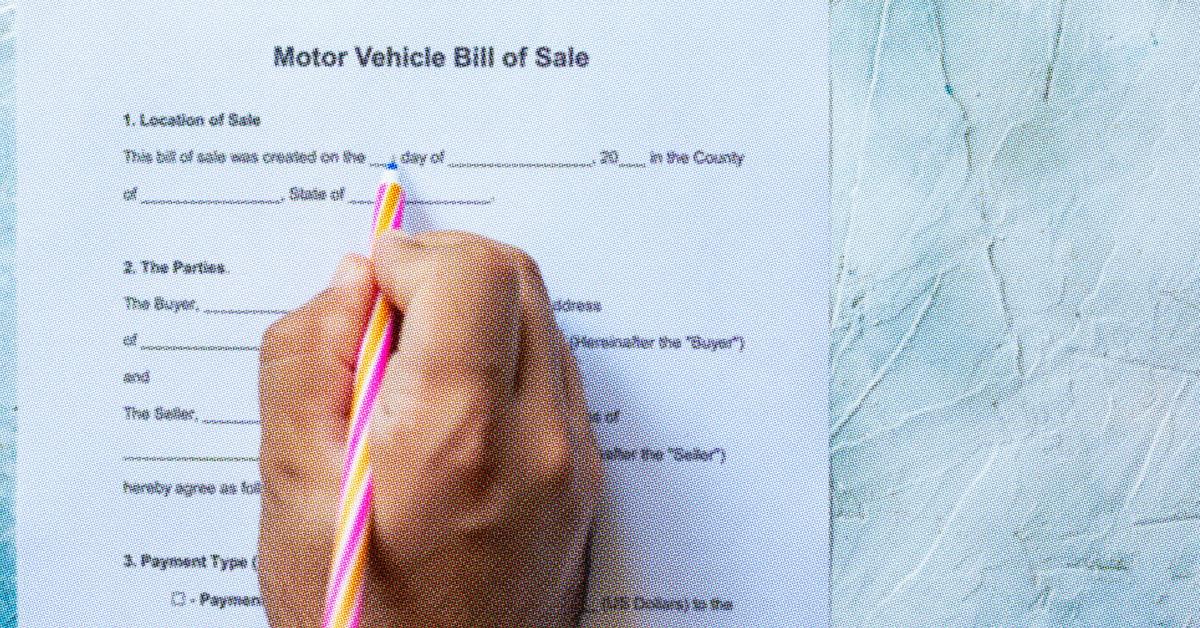5 Essential Documents to Register Your Car

Introduction to Car Registration

Registering your car is a pivotal step in vehicle ownership, ensuring legal operation on public roads and providing you with various benefits, including insurance coverage and protection from legal issues. To help navigate this process, we’ll explore the essential documents needed for car registration, ensuring you’re prepared for this important administrative task.
1. Proof of Ownership

Proof of ownership is critical for registering a vehicle. This document signifies that you are the legal owner of the car:
- Title: If you’re the buyer, the title should be transferred to your name from the seller.
- Bill of Sale: Provides details of the sale, price, and parties involved.
📝 Note: Always keep a record of any original documents handed over to authorities for future reference.
2. Valid Identification

Your identification verifies who you are:
- Driver’s License: This document proves both your identity and your legal driving privileges.
- Passport: Alternatively, if you’re not a local driver, a passport can serve as valid ID.
3. Proof of Insurance

Car insurance is legally required in many places to cover potential liabilities:
- Insurance Card or Policy: You’ll need to show an active policy covering your car to proceed with registration.
4. Proof of Vehicle Safety and Emissions

Your car needs to be safe and meet emission standards:
- Vehicle Safety Inspection Certificate: Certain regions require an inspection to certify that your vehicle adheres to safety standards.
- Emissions Test: Many places require an emissions test to ensure that your car’s environmental impact is within permissible limits.
5. Payment for Registration and Related Fees

You must be prepared to pay several fees:
| Fee Type | Description |
|---|---|
| Registration Fee | This fee covers administrative costs and allows your vehicle to be legally driven. |
| Tax | Depending on your location, you might have to pay a tax based on the car’s value. |
| Transfer Fee | If transferring ownership, this fee applies. |

These fees vary by jurisdiction and vehicle type.
Additional Documents (Depending on Jurisdiction)

Depending on where you live, additional documents might be required:
- Odometer Reading: Provides a record of the car’s mileage for future reference.
- Proof of Address: Utility bills or lease agreements that confirm your local address.
The Registration Process

The registration process can vary, but generally involves:
- Collecting all necessary documents.
- Visiting a DMV or local vehicle registration office, or completing the process online if available.
- Providing proof of ownership, insurance, and identification.
- Paying the required fees.
- Receiving registration documents and license plates, if applicable.
🚗 Note: Online registration has become increasingly common, reducing wait times and simplifying the process.
In summary, car registration is a vital part of vehicle ownership that ensures compliance with local laws and provides benefits like insurance coverage. By gathering the five essential documents—proof of ownership, valid ID, insurance, safety and emissions certificates, and payment—this process can be straightforward and hassle-free. Understanding these requirements is the key to ensuring your vehicle remains legally operable on public roads, giving you peace of mind and maintaining the legal status of your car.
Can I register a car if I’m not the legal owner?

+
Typically, no. You need to be the legal owner with documentation proving ownership to register a vehicle. However, some exceptions apply, such as if you’re leasing or have a power of attorney.
What if my car fails the emissions test?

+
If your car fails the emissions test, you’ll need to repair it to pass the test. Some jurisdictions provide a temporary registration or extend the test deadline for repairs.
How long does car registration last?

+
Car registration duration varies by country or state, commonly lasting from one to three years. Renewal reminders are usually sent by the DMV or similar authority.